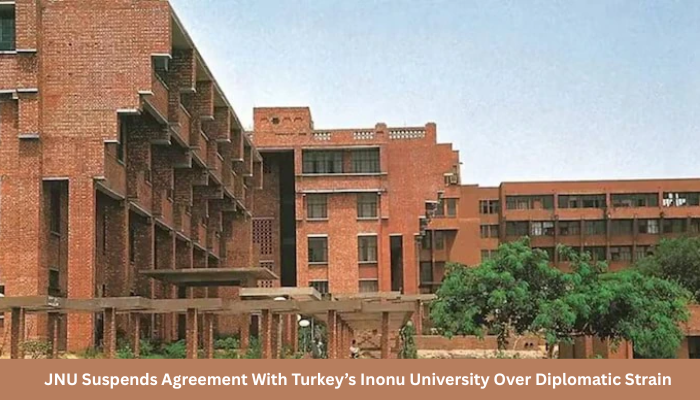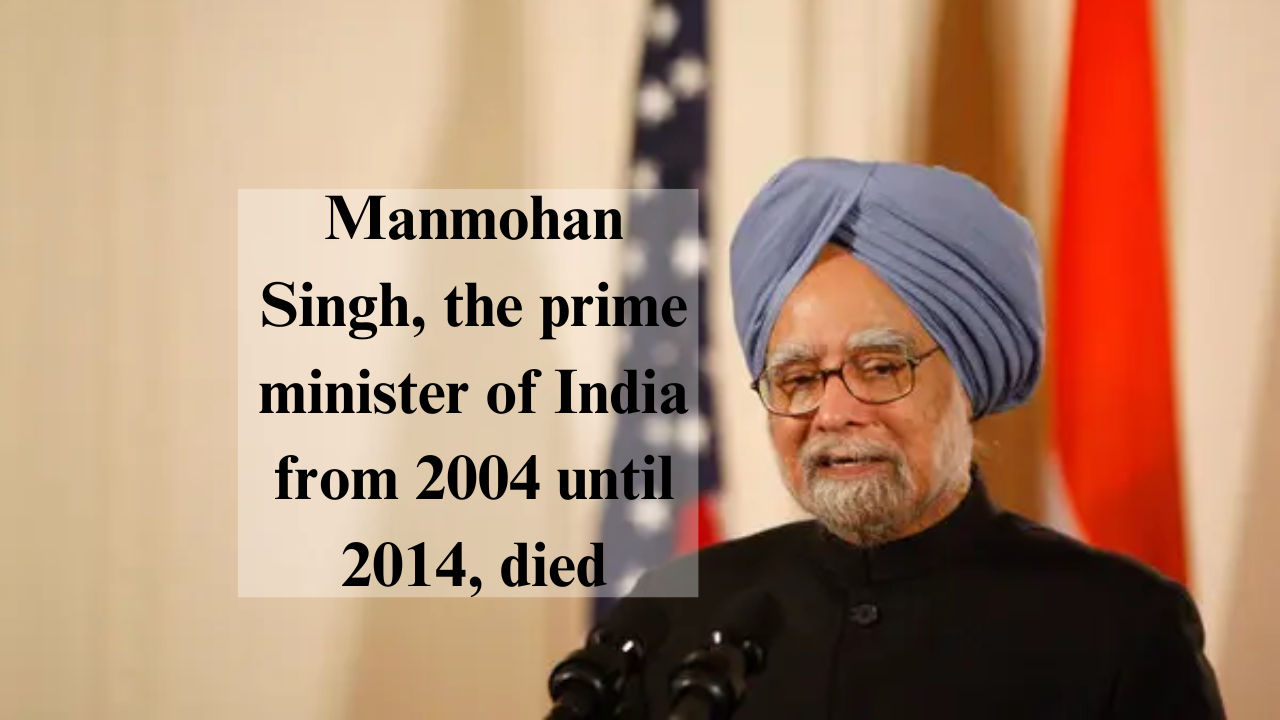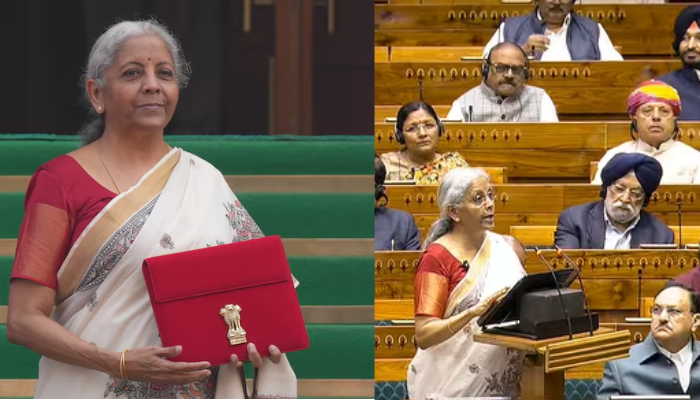JNU (Jawaharlal Nehru University) has suspended its academic agreement with Inonu University in Turkey citing national security concerns. This partnership was meant for things like student and teacher exchange programs. The agreement was put on hold because of rising tensions between India and Turkey—especially after Turkey made some comments that supported Pakistan, which didn’t sit well with India.
Many people and groups in India were calling for a boycott of Turkish institutions, and JNU responded by suspending the agreement. The university said it was taking this step to protect national interests and maintain alignment with the country’s foreign policy.
JNU isn’t the only one doing this—other Indian universities have also started cutting ties with Turkish institutions. Overall, Indian universities are now thinking more carefully about their international partnerships, especially when they involve countries that don’t support India in sensitive matters.
This decision, announced on May 14, 2025, underscores the growing emphasis on national security considerations in international academic collaborations.
What Was The Agreement About?
The agreement between JNU and Inonu University was signed to promote academic cooperation. It allowed for :
- Student exchange programs
- Faculty exchange
- Joint research projects
- Workshops and academic events
In other words, it was a way for both universities to share knowledge and build global relationships. But now, that partnership is on hold.
The Political Background: Why Turkey Is Under Scrutiny
This isn’t just about academics. There’s a political reason behind the decision. Turkey’s government has made public statements supporting Pakistan, especially regarding the Kashmir issue. These statements have been seen by India as interference in its internal affairs.
As a result, many Indians, including political and academic leaders, have raised concerns about maintaining ties with Turkish institutions. They feel that national security and integrity should come first even in academic settings.
The Call For Boycott: A Nationwide Sentiment
The idea of cutting ties with Turkey isn’t limited to JNU. Several academic bodies, student groups, and public voices have been urging Indian universities to :
- Suspend MoUs (Memorandums of Understanding) with Turkish universities
- Review international partnerships
- Put national interest above foreign collaborations
This movement is part of a larger national response to countries that do not support India in global matters.
The Role of the Association of Indian Universities (AIU)
The Association of Indian Universities (AIU) has played a key role, in guiding Indian institutions to review their global collaborations with a focus on national priorities. They have advised Indian universities to:
- Review current MoUs with countries like Turkey, Pakistan, and Bangladesh
- Consider national security while signing future academic partnerships
- Avoid collaborations with institutions from countries hostile to India
This advice has further pushed universities like JNU to take action and prioritize the country’s interests.
Academic Freedom vs. National Interest: A Debate
This move has also sparked a discussion in academic circles. Some scholars believe that
- Academic relationships should be kept separate from politics
- Knowledge exchange should continue regardless of political tensions
However, others argue that:
- Universities are part of the nation and must stand with national values
- It is irresponsible to collaborate with countries that oppose or criticize India
So, this isn’t just about one MoU. It’s part of a larger debate on how universities should balance freedom and responsibility.
What Does This Mean for Students and Faculty?
This decision may affect:
- Students who wanted to go to Turkey for study programs
- Faculty members involved in joint research
- Ongoing or upcoming international projects
But JNU has clarified that it will look for alternative collaborations with other countries that have friendly relations with India.
So while some opportunities may be affected in the short term, the university aims to offer other global options that align with India’s values.
What Led to This Decision? Key Reasons Summed Up
Here are the main reasons why JNU suspended the agreement:
- Turkey’s political support for Pakistan on Kashmir and other issues
- Rising diplomatic tension between India and Turkey
- A nationwide call for a boycott of Turkish institutions
- Advice from educational bodies like the AIU
- A need to protect national interests and values
“Academic ties broken for national interest “
What Happens Next?
This situation might lead to:
- More Indian Universities Reviewing Foreign Ties
- Institutions becoming more selective about global partnerships
- Growing awareness among students and staff about the importance of aligning with national policies
It may also encourage universities to build more domestic collaborations and strengthen partnerships with friendly countries like the US, Japan, France, and Australia.
Final Thoughts: Education With Responsibility
JNU’s decision reflects a new phase in Indian higher education — where academic collaboration goes hand-in-hand with national responsibility. While international exposure remains important, universities are now expected to think beyond books and borders.
As India continues to grow globally, such decisions show that education is not just about knowledge—it’s also about values, identity, and national pride.
Conclusion
JNU’s decision to suspend the agreement reflects a growing trend of aligning academic collaborations with national and diplomatic interests.
Also Read : Who is Premanand Ji Maharaj? Read His Inspiring Life Story
Frequently Asked Questions
1. Why did JNU suspend its agreement with Inonu University?
JNU suspended the agreement due to growing concerns over Turkey’s political stance, especially its support for Pakistan on sensitive issues like Kashmir. The move reflects national sentiment and aims to align academic ties with India’s diplomatic priorities.
2. What was the agreement between JNU and Inonu University about? The agreement was aimed at building academic ties through activities such as exchanging students and teachers , working together on research projects and organizing shared educational programs and events.
3. Is this the only Indian university to take such a step? No, other Indian universities like Jamia Millia Islamia and MANUU have also paused or reviewed ties with Turkish institutions following similar concerns
4. Who advised Indian universities to review foreign MoUs? The Association of Indian Universities (AIU) suggested that Indian universities reassess their partnerships with countries like Turkey, considering national interest and diplomatic relations.
5. Will students and faculty be affected by this? Some academic plans, such as exchanges or joint projects, may be affected. However, universities are working to provide alternatives to countries that have positive relations with India.
6. Is this a permanent suspension? Not necessarily. It’s a suspension for now. Future decisions will depend on changes in diplomatic relations and national policy.




